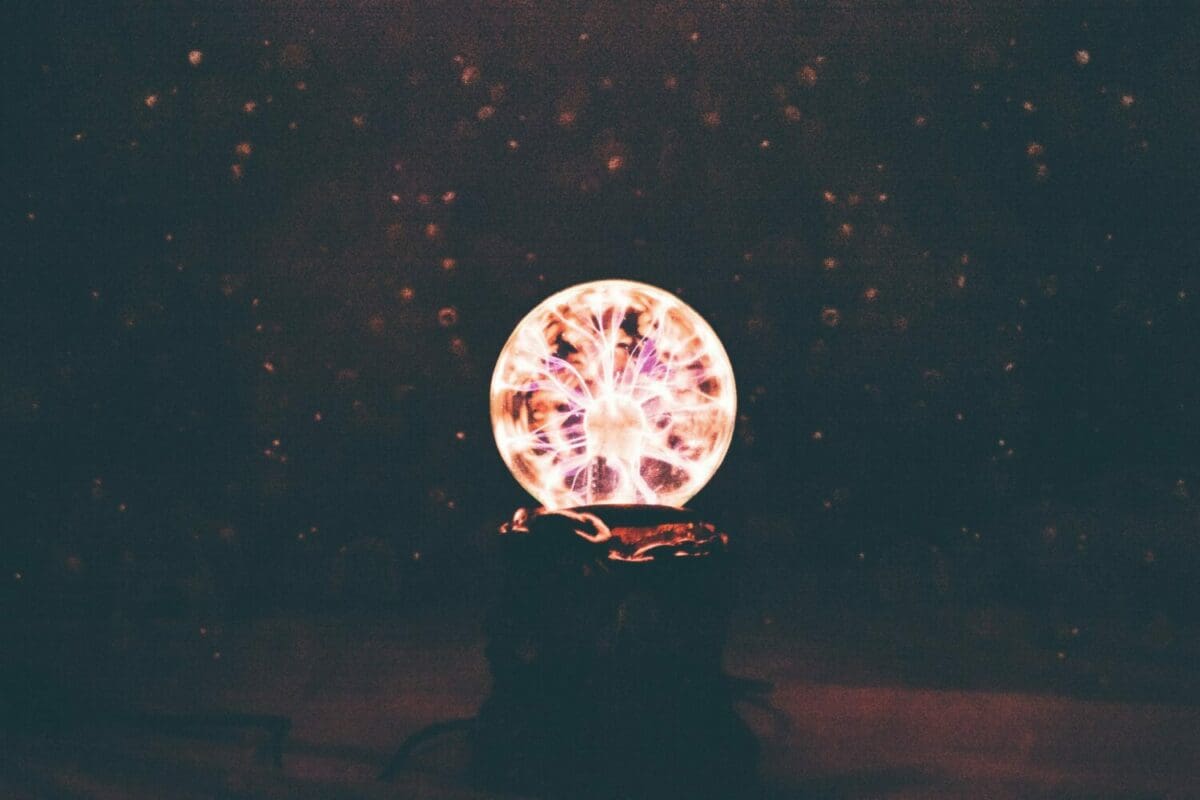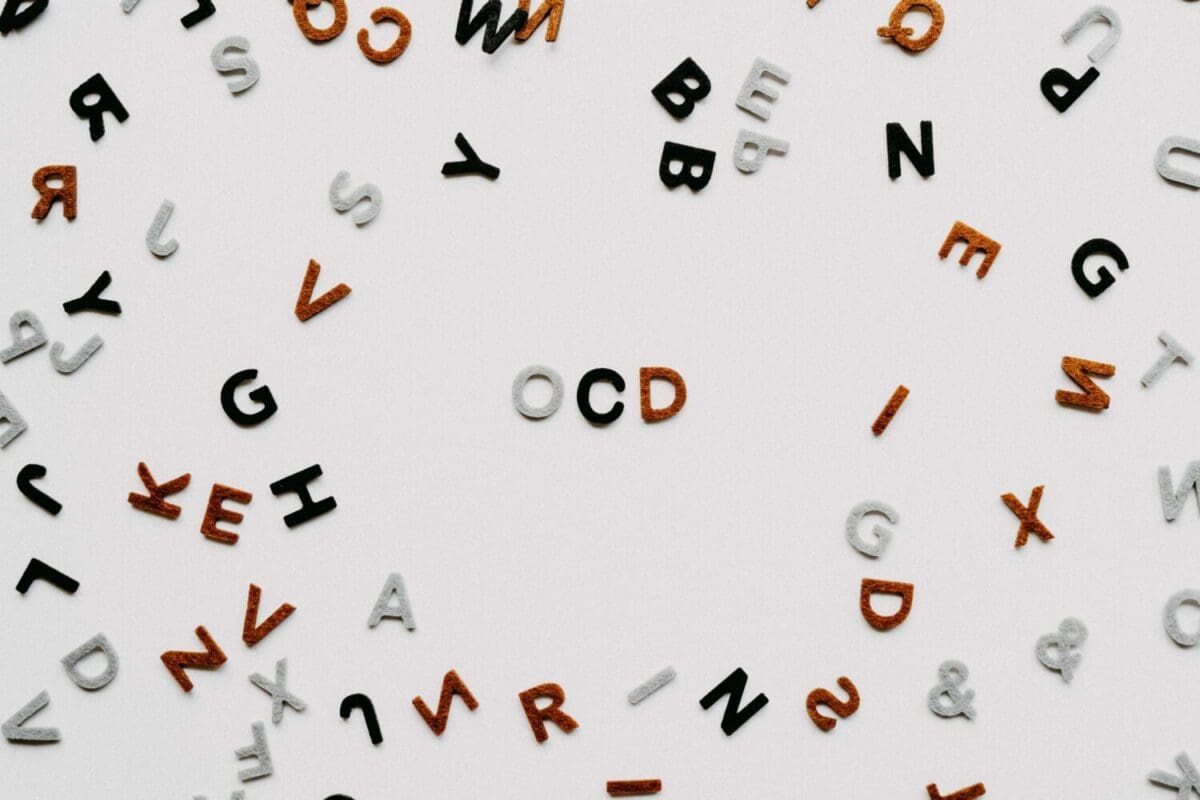
Magical Thinking Isn’t So Magical
January 5, 2022 in Educate Yourself
 Magical thinking is a concept that I have been experiencing for quite some time. I remember having thoughts that fall under the category of magical thinking since I was in elementary school. According to Healthline, magical thinking is the idea that you can influence the outcome of specific events by doing something that has no bearing on the circumstances. For example, opening the microwave door before the timer beeps so no one in your family dies. This is an example of how magical thinking has affected me in the past. As I have grown and learned from my diagnosis, these thoughts impact me less, but they can still be bothersome.
Magical thinking is a concept that I have been experiencing for quite some time. I remember having thoughts that fall under the category of magical thinking since I was in elementary school. According to Healthline, magical thinking is the idea that you can influence the outcome of specific events by doing something that has no bearing on the circumstances. For example, opening the microwave door before the timer beeps so no one in your family dies. This is an example of how magical thinking has affected me in the past. As I have grown and learned from my diagnosis, these thoughts impact me less, but they can still be bothersome.
Similar to magical thinking, when I am excited for an event or looking forward to something, my intrusive thoughts become more “real” and “powerful.” It’s almost like because I am excited for something, I am afraid the intrusive thoughts I have become real, therefore ruining whatever I am looking forward to. It is a very difficult battle to fight, especially because of how real the thoughts feel to me.
I think during the holiday season, it common for individuals struggling with mental illness and anxiety to be triggered and therefore experience an increase in symptoms. It is important to stay grounded and use the techniques you know help you. I have been experiencing an increase in intrusive thoughts over the past few weeks, but I am doing all I can to not let them control my life. I have been reading, doing puzzles, and exercising as ways to take back control of my thoughts.
Do you have magical thinking patterns? Are you suspicious or have little habits you do that make you feel like have influence on events in your life? How have intrusive thoughts, or these “superstitions,” affect your mental health?





Recent Comments